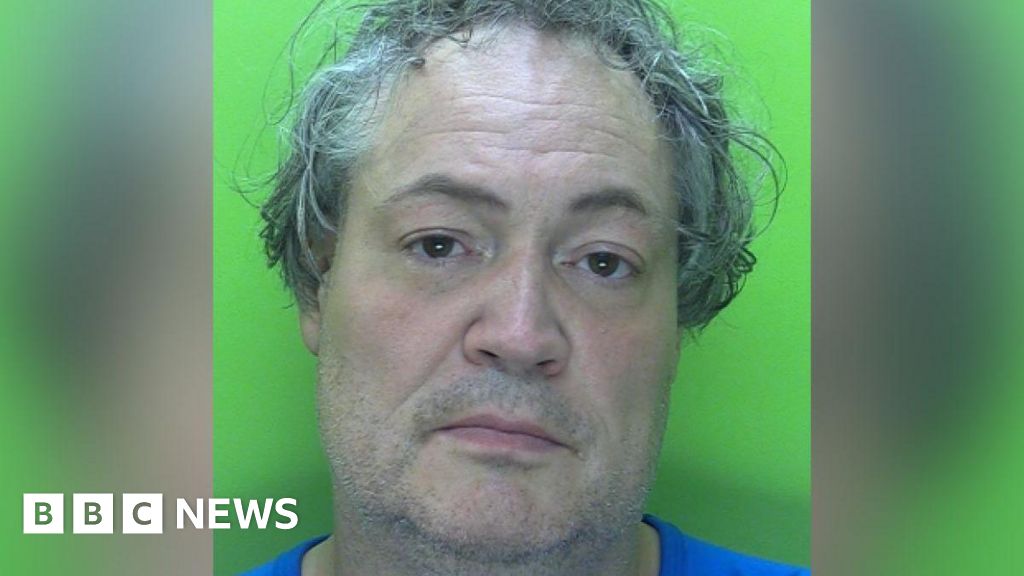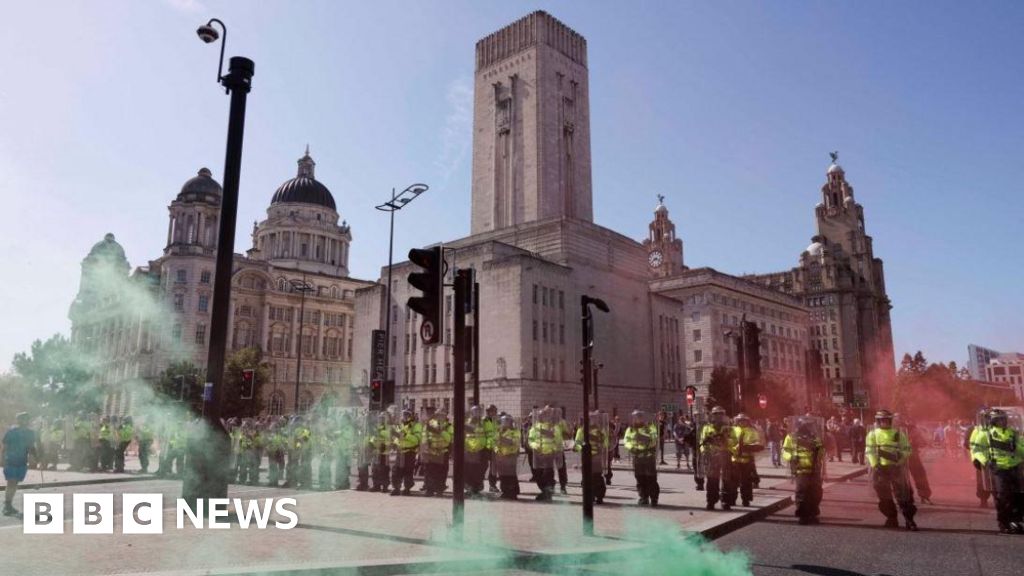Caporegime
So, this lovely individual has just been given a suspended sentence.

 www.chroniclelive.co.uk
www.chroniclelive.co.uk
This is for actively trying to set a council provided flat on fire with himself and emergency workers inside, threatening to do so on another occasion, trespass on a railway and resisting arrest.
This weirdo was just jailed for threatening to set fire to a petrol station.
This fine specimen was jailed for suggesting someone should set a fire at an asylum hotel.

Why are people who are threatening to do something given a greater sentence than someone who actually does it, and other crimes?

Failed asylum seeker threatened to burn down flat while paramedics were inside
Ali Raswli was annoyed with the Home Officer when he tried to light a duvet inside his home, while medical staff were trying to help him
This is for actively trying to set a council provided flat on fire with himself and emergency workers inside, threatening to do so on another occasion, trespass on a railway and resisting arrest.
This weirdo was just jailed for threatening to set fire to a petrol station.
This fine specimen was jailed for suggesting someone should set a fire at an asylum hotel.

Mansfield man who called for hotel attack jailed
John England pleaded guilty to stirring up racial hatred with his Facebook posts.
www.bbc.co.uk
Why are people who are threatening to do something given a greater sentence than someone who actually does it, and other crimes?
Last edited:



